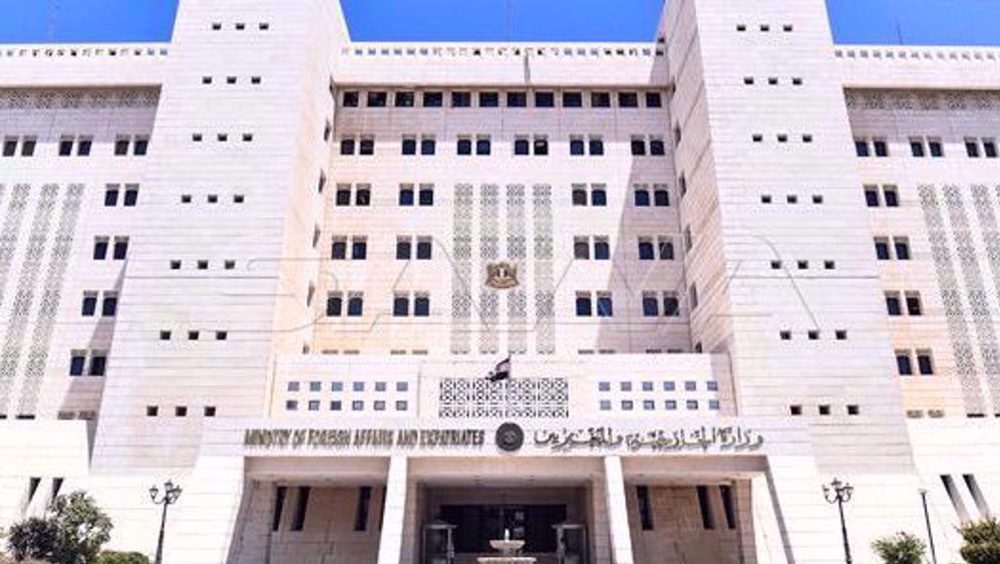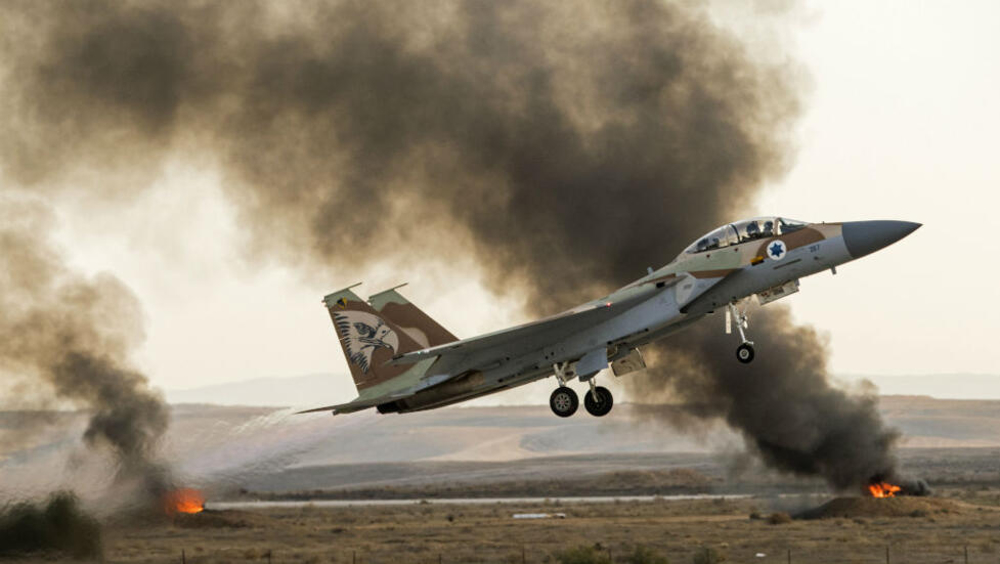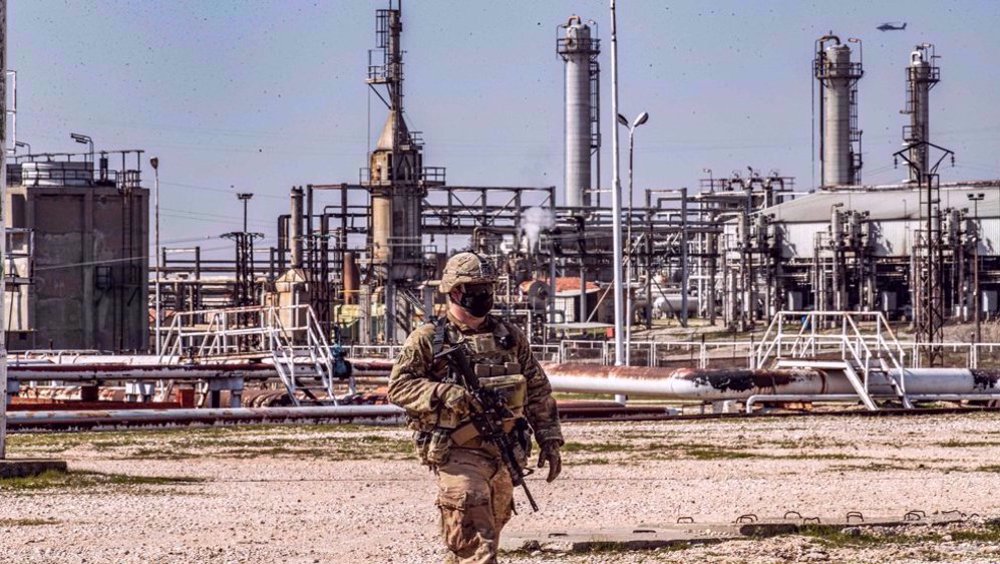Geneva peace talks produce clear agenda: UN envoy
The latest round of the Syrian peace talks has concluded in the Swiss city of Geneva, with the United Nations hailing the negotiations as "substantive" and the talks yielding a “clear agenda” for the future of the war-ravaged Arab country.
Speaking at a press conference after wrapping up the nine-day talks in Geneva on Friday, UN Special Envoy for Syria Staffan de Mistura said the strategy for battling terrorism would be at the core of another round of peace negotiations between representatives of the Syrian government and those of the armed opposition groups later this month.
“The train is ready, it is in the station, it is warming up the engine. Everything is ready, it just needs an accelerator. I believe that we have a clear agenda now in front of us,” he told reporters.
De Mistura also said the upcoming talks should cover maintaining a nationwide ceasefire, "security governance, immediate confidence-building measures" and "operational counter-terrorism issues," adding that he felt “comfortable” that all sides could “live with” the Geneva agenda.

The UN special envoy reiterated that the negotiations should facilitate humanitarian access to the Arab country, adding that he would travel to New York in the next few days to brief UN Secretary General Antonio Guterres on the outcome of the talks, dubbed Geneva 4.
This round of the UN-brokered negotiations -- the first since last April -- came shortly after the conclusion of the second round of the Syria peace talks, facilitated by Russia, Turkey and Iran, in the Kazakh capital Astana on February 15 and 16. The negotiations, which were held in a closed-door setting, sought to pave the way for the latest Geneva talks.
The UN official also said that the Astana and Geneva efforts complement each other.
Read more:

'Political transition discussed in depth'
Meanwhile, the so-called High Negotiations Committee (HNC), which serves as an umbrella group for militants and opponents of Syrian President Bashar al-Assad in the peace talks, also announced that it had accepted the 12-point agenda given to delegates by the UN special envoy.
Nasser al-Hariri, the head of the HNC, added that this round of talks had "more positive" results than the previous diplomatic efforts, arguing that issues related to political transition had been discussed in depth.
“It was first time we discussed in an acceptable depth the issues of the future of Syria and political transition,” he said.
The term “political transition” is interpreted by the foreign-backed opposition as the ouster of Assad or at least erosion of his powers.
For the past six years, Syria has been fighting terrorism. De Mistura estimated in August last year that more than 400,000 people had been killed in the crisis until then. The world body stopped its official casualty count in the war-torn country, citing its inability to verify the figures it received from various sources.
Israeli airstrike kills at least 7 people in Rafah
VIDEO | Iranians hold nationwide demos in support of IRGC
Syria condemns US veto of Palestine UN membership resolution
Iraqi resistance forces hit Israeli Ovda air base
Hackers break into Israeli military’s computers, access trove of documents
Tulkarm Brigade commander killed by Israeli forces in raid on refugee camp
Zionist media desperately trying to turn Israeli defeat into victory: Iran
VIDEO | Press TV's news headlines















 This makes it easy to access the Press TV website
This makes it easy to access the Press TV website